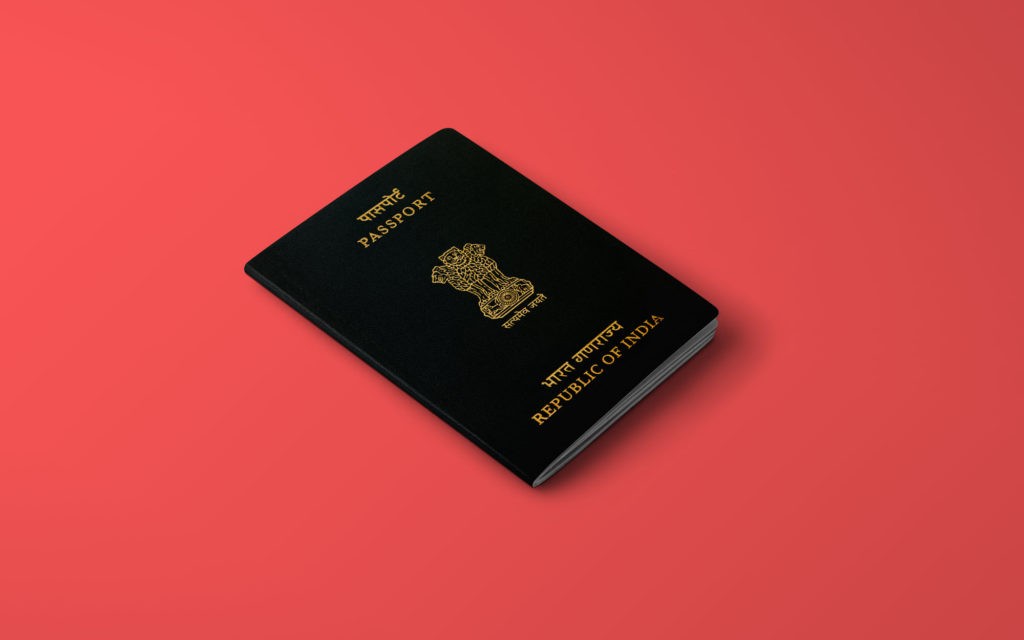What is e-passport? How To Apply? How it Benefits a Common Man Amid Pandemic? – We Answer all your questions.
E-passports with embedded chips and futuristic technology will be rolled out in 2022-23, Finance Minister Nirmala Sitharaman announced at the Union Budget 2022. E-passports were first announced in 2019 and the government said that they are compliant with the International Civil Aviation Organisation (ICAO) standards.
This comes in weeks after the Indian Passport jumped seven places to reach 83 in the latest Henley Passport Index rankings for 2022.
What is an E-Passport?
E-Passport is an upgrade to the traditional passport and is aimed at making it more secure and ensuring smooth passage through immigration posts globally.
The issuance of Indian e-passports will take place soon, and the process to apply will be the same as the traditional passports. The e-passports will have an embedded chip that will contain all the personal information including the biographical details that are visible on page 2 of the passport. E-passports will also have a digital signature that is unique to each country and can be easily verified using a certificate.
The government has so far issued 20,000 official and diplomatic e-passports. This is the first time citizens of the country will be issued e-passports. The first e-passport in India was issued to the then President of India, Pratibha Patil in 2008.
India’s e-passports are expected to have thicker front and back covers, and will take a few seconds to read. A small silicon chip will be embedded in the back cover and it will have 64 kilobytes of memory which will contain the passport holder’s photograph and fingerprints. E-passports are also expected to store up to 30 visits.
In addition to e-assports, the government is also considering issuing digital passports that the holder will be able to store on their smartphone.
What are the Benefits of an E-Passport?
The e-passports will boost security and enhance the convenience of international travellers by cutting down long queues at immigration counters. This will help support a faster revival of international travel in a pandemic-driven environment.
- Time-saving: Passengers having an e-passport do not need to wait for extended periods of time because it may be examined in a matter of seconds.
- Easy-tracking: It keeps track of people’s biometric data. As a result, data theft and the creation of duplicate passports will be prevented.
- Authenticity: The chip passport authentication will fail if it is interfered with. The e-Passport process has numerous layers of protection to prevent redundancy.
- Safer: No one has the ability to erase data from it which increases the factor of safety. The action will also aid in the reduction of counterfeit passports on the market.
How Secure are E-Passports?
The External Affairs Ministry will issue chip-enabled e-Passports with advanced security features to citizens. The personal particulars of the applicants would be digitally signed and stored in the chip which would be embedded in the passport booklet. In case, anyone tampers with the chip, the system shall be able to identify it, resulting in the failure of the passport authentication. With a view to manufacture e-Passports, India Security Press, Nashik has awarded the contract for procurement of International Civil Aviation Organization (ICAO)-compliant electronic contactless inlays along with its operating system necessary for chip-enabled e-Passports.
How to apply for an E-Passport?
There will be no change in the application process for passports. Applicants will have to follow the current process by visiting https://www.passportindia.gov.in/ for obtaining a e-passport. Once the process for issuance of e-passports is complete, applicants will start receiving e-passports . Until then, applicants will continue receiving traditional passports.
For latest travel news and updates, food and drink journeys, restaurant features, and more, like us on Facebook or follow us on Instagram. Read more on Travel and Food Network
Trending on TFN















